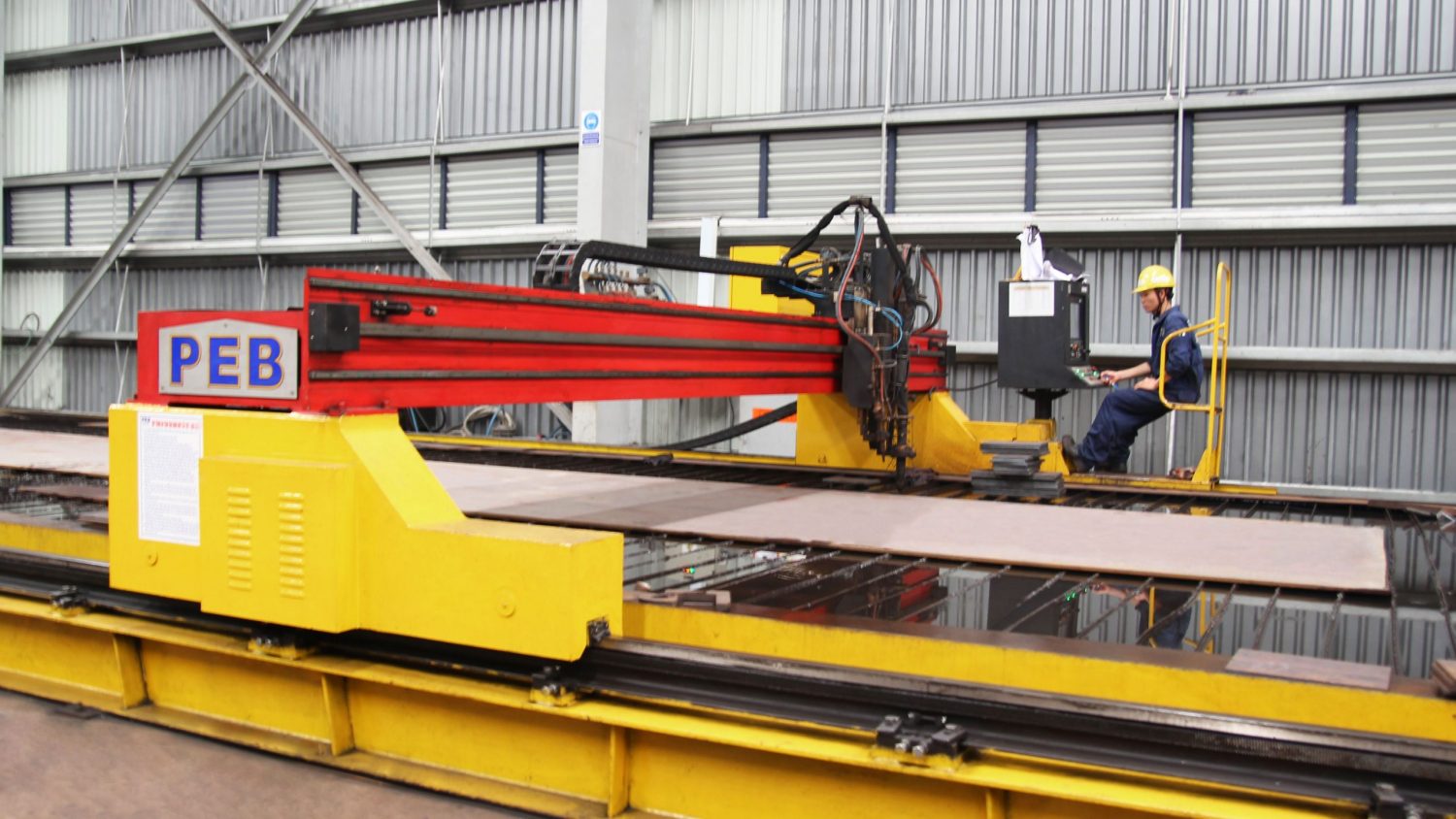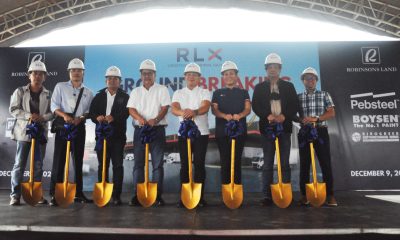With the spread of Coronavirus (COVID-19) cases in Ho Chi Minh City, local and foreign producers alike are now seeing their manufacturing prospects darken with supply chain issues and sharp cost increases.

Almost all industries in Vietnam’s southern region have been suffering under supply chain disruptions.
In the country’s largest metropolis and home to nine million, around 250 people have tested positive as part of a cluster that originated in a religious mission, making it one of the largest coronavirus clusters this year. Twenty out of 22 districts in the city and the six southern provinces of Long An, Binh Duong, Dong Thap, Tay Ninh, Tra Vinh, and Bac Lieu have also recorded infected cases related to the church cluster.
Ho Chi Minh City began implementing social distancing measures for at least two weeks starting last Monday. The city is making efforts to take coronavirus samples for suspected cases for the city, especially those in industrial zones to control the growing number of infections.
Sami Kteily, Executive Chairman of PEB Steel Buildings Co., Ltd., said that the company is importing raw materials from overseas markets. When physical activities at ports are limited, it often lengthens the custom procedures. As for materials purchased from local suppliers, social distancing also limits the transportation from their warehouses, which are mostly based in Ho Chi Minh City, then delivered to its factories in Vung Tau. Consequently, the company does not get materials on time to proceed with fabrication, which lately has seriously affected its commitment to customers.
Pebsteel experienced these challenges during the first city lockdown in April 2020 and has been planning and ordering materials to maintain sufficient inventory for consumption over several months.
“We have equipped facilities for our staff to work from home and enhance online meetings to discuss across various departments and offices overseas to solve arising issues,” he said. “It helps us minimize negative effects on working productivity. In relation to production, the workers at factories cannot work from home. Even if one single positive case of COVID-19 occurs, all operations must be stopped. Therefore, we are strictly applying all necessary measures to protect the health of our staff.”
Tran Nhu Tung is deputy general director of Thanh Cong Textile Garment Investment Trading Company, whose garment factory is located in the Tan Phu district with more than 5,000 workers. Tung explained that the factory strictly follows the city’s social distancing protocols by dividing its workers into two alternative working shifts. The move is slowing down operations by 5-10 percent, causing lower output and slower delivery to clients.
“We are in negotiations with our clients about the delay in deliveries as the city is scrambling with an outbreak. If we fail to reach an agreement, we have to ship the order by air to meet the deadline, which in turn raises the expenses. We are willing to deal with the challenges caused by this outbreak like reduced revenue and profits. However, what we are concerned about the most is the risk of any infection cases among our workers, as the company depends on a large number of workers to make our products.”
The latest IHS Markit Vietnam Manufacturing data showed that the renewed outbreak of COVID-19 in Vietnam led output growth to slow to a three-month low in May, with the same picture seen for new orders. As the outbreak has worsened since the data collection period and more restrictions introduced, it is likely the June data will show a worse picture.
Andrew Harker, economics director of IHS Markit, told VIR that businesses are facing the three key complexities of the COVID-19 outbreak, issues in supply chains, and sharp cost increases.
In terms of supply chains, the economist noted that manufacturers in Vietnam saw suppliers’ delivery times lengthen to the greatest extent in 13 months during May, so that signaled the worst disruption since April 2020 when much of the world was in lockdown. May also saw costs for inputs rise at the fastest pace in 40 months, with the aforementioned issues in supply chains leading to sharp price rises for materials. In turn, manufacturers raised their own selling prices at the fastest pace for over a decade, according to Harker.
Pebsteel also sees its demand for raw materials fluctuating, and it has resulted in unstable prices, especially in steel which has been increasing sharply by around 40-50 percent in the year-to-date. To address it, the company needs to pay 100 percent in advances to lock the price.
Some locations in Pebsteel’s export markets like the Philippines and Cambodia have seen lockdowns, creating a bottleneck on some projects which have completed fabrication but still cannot ship as customers ask it to hold. Meanwhile, customers in Africa require shipment but are not able to book vessels smoothly as worldwide logistics operations are heavily damaged by the pandemic. Those matters are impacting the company’s cash flow.
Shinji Hirai, Chief Representative of the Japan External Trade Organisation’s Ho Chi Minh City Office, said that Japanese companies understand the importance of preventing the spread of the pandemic, and they fully respect the measures immediately implemented by the Vietnamese government to keep it under control. “It is very difficult, amid the complicated and unpredictable environment, to judge when and how to ease the strict regulations, but the government so far has been successful in keeping the balance between tightening and deregulating,” Hirai said.
“Since Vietnam is one of the most important hubs of supplying key parts, there is a concern that the global supply chain will be affected if the suspension of factory operations continues,” Hirai explained. “In addition, even if the factories get approval for resuming, some workers will not be able to commute due to travel restrictions across borders or provinces. Authorities and factory managers are expected to find the practical solutions as they did in the previous outbreaks.”
(According to VIR)








